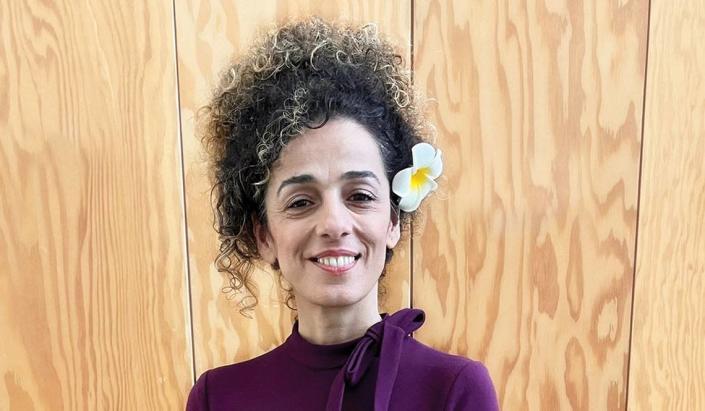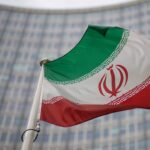A new uprising is taking place in Iran, and this time women are in the lead. It’s incredibly inspiring to see — for the first time I can remember — unveiled women marching at the front. They have overcome fear and are challenging one of the main pillars of the Islamic Republic of Iran: compulsory hijab.
These women are marching shoulder to shoulder with men, chanting against the whole regime. They are facing guns and bullets and demanding an end to a system of gender apartheid.
Mahsa Amini was only 22 years old. She wasn’t uncovered; only a few strands of her hair showed. And yet she was arrested by the so-called “morality police” and packed off to jail. Three days later, she was dead. Many Iranians are convinced she was killed — a belief reinforced by countless individual experiences with the brutality of the security services.
The news of her death has triggered outrage throughout Iran. Tens of thousands of demonstrators are defying security forces to ask why an innocent young woman lost her life to religious radicals who merely wanted to show off their militant male power. The compulsory hijab is not just a small piece of cloth for Iranian women; it is the most visible symbol of how we are oppressed by a tyrannical theocracy. Now, by drawing attention to that injustice, Mahsa’s death has the potential to serve as a new turning point for Iranian women.
They deserve the support of their Western counterparts. Yet, so far, we see little evidence that women in Europe or North America are willing to take to the streets to show their solidarity for a women’s revolution in Iran.
Recent experience has been discouraging. Over the past decade, we’ve seen female politicians from democratic countries — including Ségolène Royal from France, Catherine Ashton from the United Kingdom and Federica Mogherini from Italy — don hijab on their visits to Iran. They are quick to assert their feminist credentials in their own societies — but when it comes to Iran, they go out of their way to show deference to the men who have elevated misogyny to a state principle. A regime that abuses and harasses millions of women each year does not deserve our respect. To do so makes a mockery of all our talk of universal human rights.
When the Women’s March took place in Washington, D.C., in 2017, I was happy to join. Along with the rest I chanted: “My body, my choice.” Some women might well choose to veil their faces and bodies in accordance with their religious or cultural beliefs — but that should be their own choice, not a rule imposed by men’s whips and clubs. Yet Western women seem only too happy to succumb to the standards dictated by the male tyrants in countries such as Afghanistan and Iran.
I don’t consider such feminists to be true advocates of women’s rights. The true feminists and women’s rights activists are those in Afghanistan and Iran who are stepping forward, at great cost, to resist the Taliban and Islamic republic. They are risking their lives by facing guns and bullets. They will go on fighting against the regimes, and we who have the privilege to live in free countries should actively amplify their voices. This is the moment for women in the West to stand with Iran’s mothers, daughters and sisters.
I will not remain silent. I will continue to speak out until compulsory hijab laws are abolished. Like the women now taking to the streets in my home country, I, too, have been targeted by the regime. I speak up despite that regime’s attacks on my family and its attempts to have me abducted or killed. I feel deep solitary with the thousands of women protesting in Iran. I will continue to do what I can to support their struggle, to help them achieve their rights.
Iranian women are fighting to recover our dignity and exercise our personal freedoms so that, one day, all Iranians can choose our government in free and fair elections. We shouldn’t be afraid of the religious fanatics and the jihadists. They are the ones who are frightened. It is why they seek to keep women down. But too many in the outside world are shaking hands with our murderers.
Western feminists must speak up. Join us. Make a video. Cut your hair. Burn a headscarf. Share it on social media and boost Iranian voices. Use your freedom to say her name. Her name was Mahsa Amini.
Masih Alinejad is an Iranian journalist, author and women’s rights campaigner. A member of the Human Rights Foundation’s International Council, she hosts “Tablet,” a talk show on Voice of America’s Persian service.
The Washington Post






